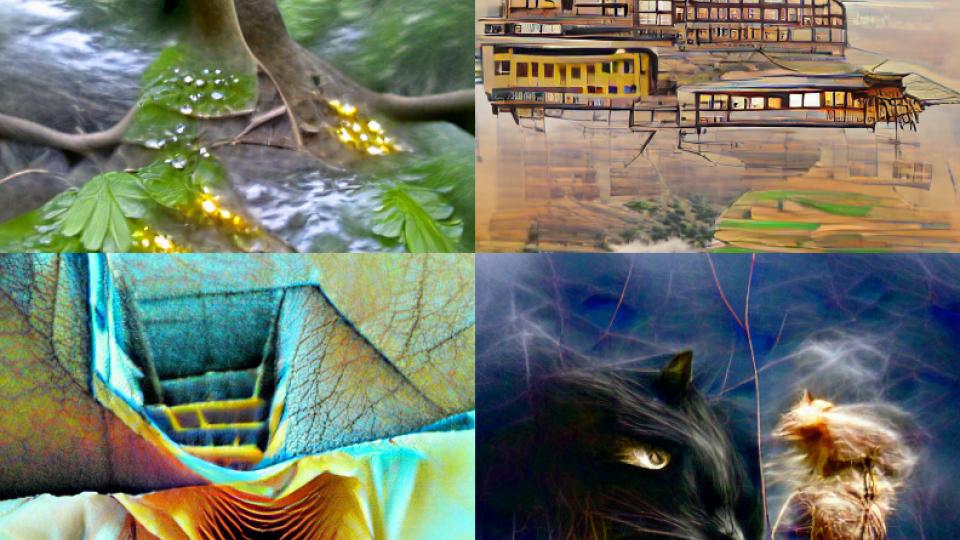
News
Artificial Unconsciousness, a new project at ENS-PSL
By
Published on
25 November 2021
, updated on
25 November 2021
Image

Between arts, computer science, theatrical studies and artificial intelligence, a new innovative project conceived by two students of the Ecole Normale Supérieure, Zoé Brioude and Victor Blanchi.
The project Artificial Unconsciousness is to collect visions of environment appeared in the dreams of our contemporaries: landscapes, cities, buildings, interiors, exteriors... And to deliver them to an algorithm that transforms them into images thanks to the human knowledge it has stored on the internet.
Image
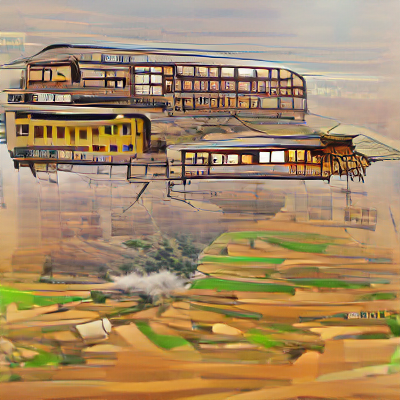
A synthetic image then appears, which is the meeting of an individual vision, the dream, and a collective set of associations of ideas. There are then at least two elements that influence the production and sometimes conflict: the theme, or overall meaning (a swamp of viscous liquid like honey for example will be treated as a single object) and the words used individually ("swamp" => frog, green, etc; "liquid" => sea, sweat etc).
Image
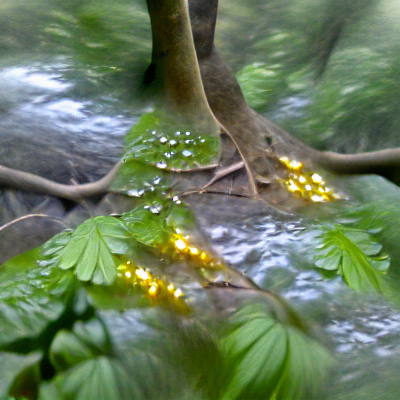
Once the data has been collected, we want to move on to a stage form, for several reasons: the first is the plural, collective character of such an approach. What other structure than a theater company would be better able to reflect the extreme diversity of these fragments of imagination linked by a common theme? The second reason reflects the will to produce a concrete form that radically leaves the digital screen. The last one is the diversity of the media we manipulate: text, images, videos... Theater, as Michael Fried says, is "what lies between the arts".
Image
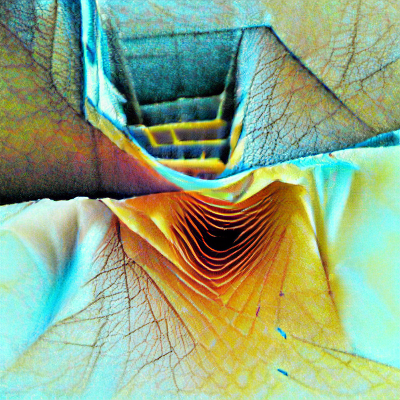
The founders of the Artificial Unconsciousness project:
Zoé Brioude :
Image
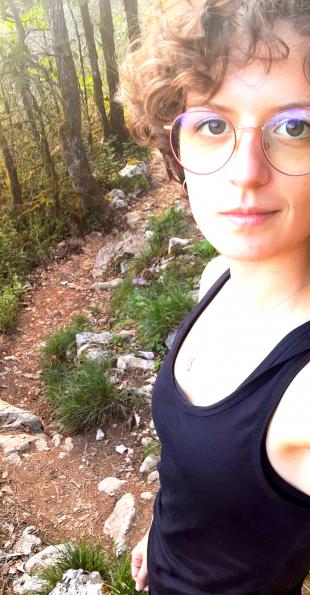
Entering the École normale supérieure in theater studies in 2019, I wrote two dissertations on ecology in contemporary theater. In parallel, I have been putting on plays since 2017: Et dans le trou de mon cœur, le monde entier (And in the hole of my heart, the whole world) by Stanislas Cotton, performed at the Piano di Sorrento amateur festival and at the Cité Universitaire theater; Matières à penser (Matter to Think), a play about our relationship to the matter of the world involving the real-time construction of a fog chamber, performed in March 2020 at the École's Chemistry Department; and Je n'ai pas dit non (I Didn't Say No), a testimonial play about consent written by Margaux Loireleux and performed at the Nicole Loraux theater, among others. Last year, I founded and presided over the APARTÉ association, a theater association at the ENS. This year, I'm doing an internship as an assistant to the artistic direction and to the direction of the Dunois theater under the direction of Christophe Laluque and I'm working on the project Inconscience Artificielle with Victor Blanchi, a fellow computer scientist and friend. What interests me artistically since my project Matières à penser and which unfolds in Inconscience Artificielle is what comes to disturb the human being, physically and psychically, in a world scrutinized and modified by science and technology. In the dialogue between the dreams of the world and the algorithms, the themes of ecology and disconnection from our immediate environment are expressed, a derealization exacerbated by the disembodied, digital character of the forms that will constitute the material of the show.
Image
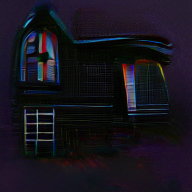
Victor Blanchi :
Student at the ENS, I entered the computer science department three years ago. In addition to my M1 in theoretical computer science, I am interested in arts and participate in many theater projects. I try to bring my expertise to digital humanities projects. I discovered that this facet of computer science was widely represented at the ENS and I am very grateful to Léa Saint Raymond, without whom I would not have been able to engage in this path. This year I am working in collaboration with Gregory Chatonsky, a visual artist who is very interested in digital creation methods. I am also working with Zoé Brioude on an artistic project about the dreams of our contemporaries processed by algorithms trained on the internet, the great collective unconscious.
Image
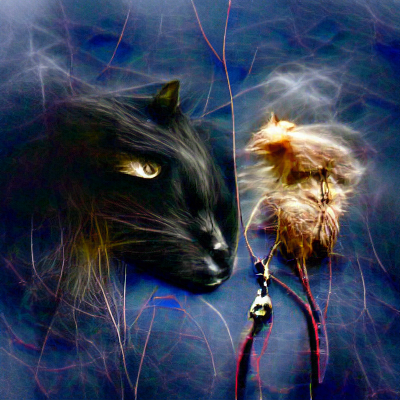
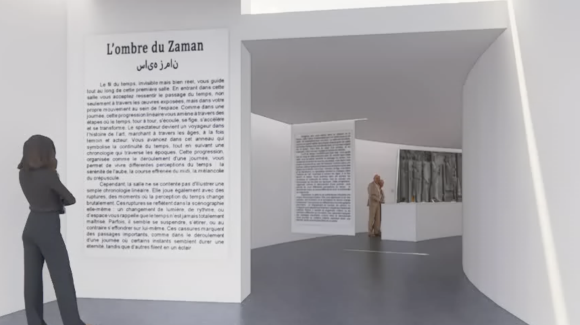
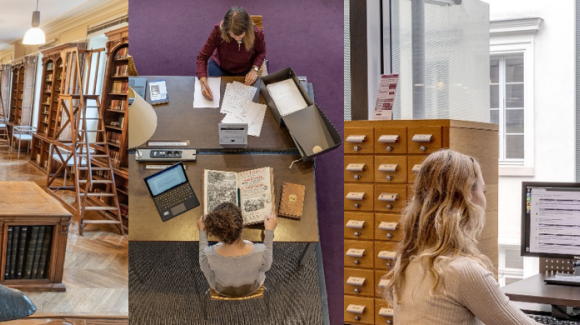
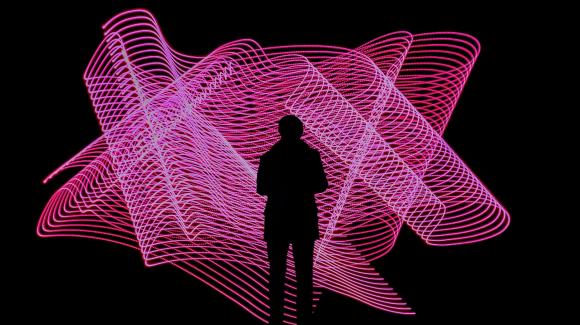
Be the first to review this item, please login or register.
Sign-inRegister